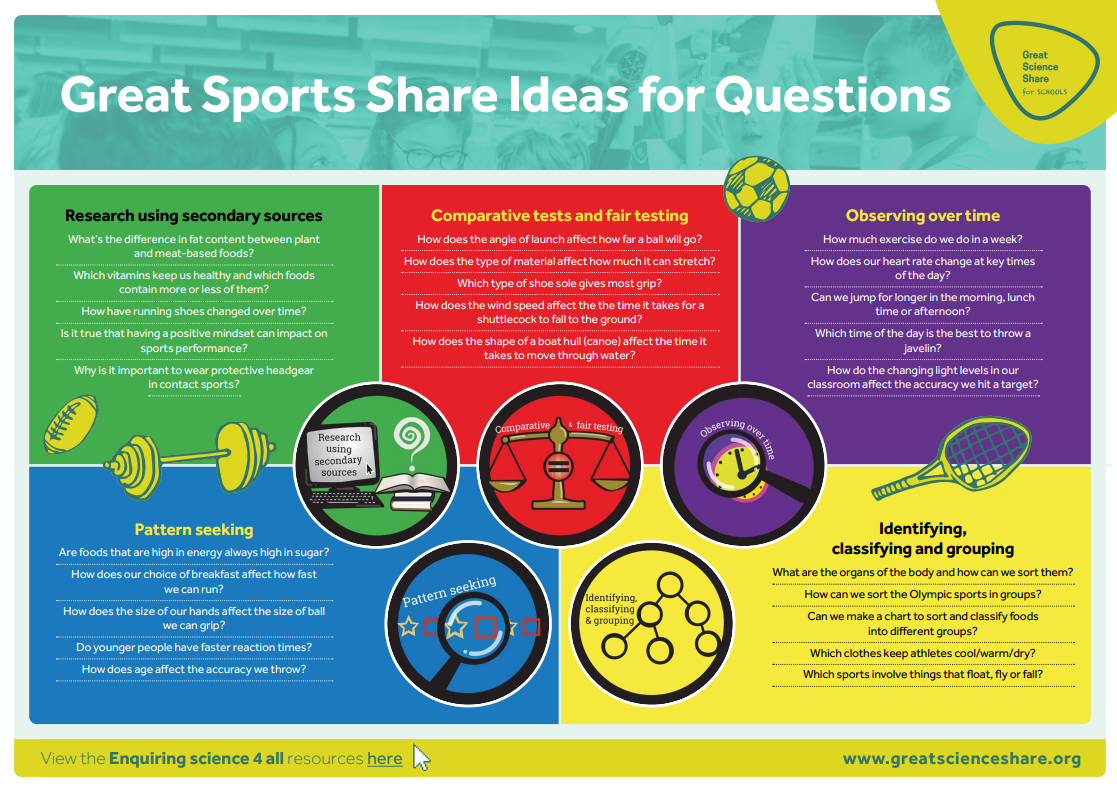GSSfS named award winner of the Royal Society of Chemistry's Team Prize for Excellence in Primary Education! We are so proud! Thank you for your support!
〰️
GSSfS named award winner of the Royal Society of Chemistry's Team Prize for Excellence in Primary Education! We are so proud! Thank you for your support! 〰️
The Great Science Share for Schools has been named winner of the Royal Society of Chemistry’s Team Prize for Excellence in Primary Education in recognition of brilliance in chemistry education. The award recognises the campaign’s work inspiring 5-14 years olds in practical science, focused on pupils asking, investigating and sharing their scientific questions. Supported by a great many teachers, pupils and collaborators across the UK and reaching across the globe we have inspired so many opportunities for pupils to work scientifically asking, investigating and sharing scientific questions.
“This award is the first ‘whole team’ prize awarded to Great Science Share for Schools acknowledging our wider partners and supporters. It is significant in the way it recognises how so many people come together in supporting its growth and success. It’s a huge thank you to all of them. It is wonderful to receive recognition from the RSC and it acts as further inspiration for us to continue to make a difference to primary and secondary pupils’ learning of chemistry and other science disciplines.”
Founder of the GSSfS Professor Lynne Bianchi, Director of SEERIH at The University of Manchester”
The Excellence in Education Prizes celebrate inspirational, innovative, and dedicated people working in primary, secondary, further education and higher education – including teachers, technicians and more.
Thank you to all the teachers, pupils, partners and supporters taking part in GSSfS. We are delighted to share this news with you. Read more here: https://www.manchester.ac.uk/about/news/great-science-share-for-schools-wins-prestigious-royal-society-of-chemistry-prize/




















































